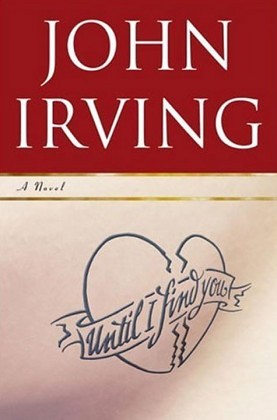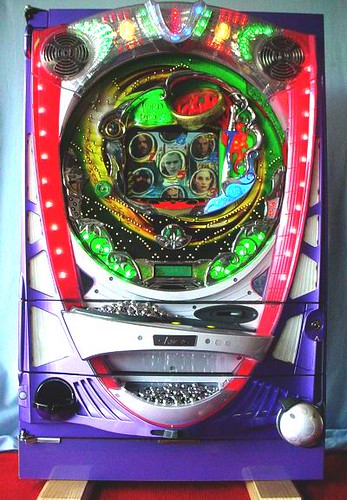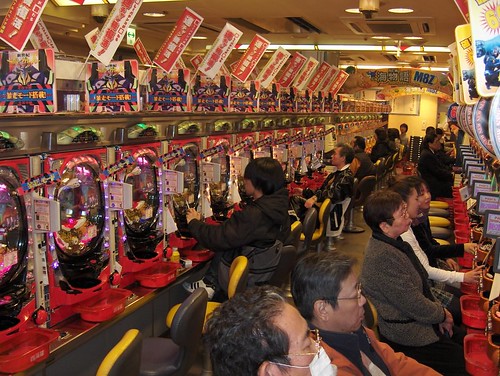Whenever I get a chance to spend time wandering around a bookstore with no particular book in mind (sadly not too often), I always check if one of my favourite writers has published a new book. One of these writers is John Irving. For many years now, Irving has been near the top of my favourites list, with
A Prayer for Owen Meany probably being one of the best, if not
the best, novel I have ever read. It was therefore with great expectations that I took his latest book -
Until I Find You - with me on my latest trip to Japan, looking forward to long hours of reading pleasure on the flights.

Alas, it was not to be. I have had disappointments from recent Irving books, but
Until was probably the greatest letdown. I learnt a lot about tattoos but despite the familiar Irving prose this book somehow seemed too long and repetitive. And the ending was hugely disappointing.
The book tells the story of Jack Burns, "actor before he was an actor", son to Alice, a tattoo artist, and to William, an organ player. William falls out of love with Alice shortly after meeting her, but she is pregnant with child and does not agree to let William go without a fight. When Jack is four he tours Europe with Alice, moving from city to city, from church organ to church organ, in the hope of tracking William down and confronting him with his "abandoned responsibilities". In the first third of the book (total: >800 pages!) Jack recounts this odyssey through Europe, reconstructing it from the memory of 4-year-old.
After the failed hunt for William, Alice and Jack go back to Toronto and Jack is enrolled in an all-girls school, St. Hilda's, where boys are admitted until grade four. It is there that he discovers his affinity for "older women" and where he meets Emma Oastler, who becomes his mentor and life-time friend. From St. Hilda's Jack goes to a boarding school in New England, this time an all-boys school. Eventually, Jack moves to Los Angeles and becomes a famous actor, winning an Oscar for a screenplay adapted from one of Emma's books after her death. In the last third of the book, and after his mother dies, Jack discovers the truth about his parents and he embarks on a second odyssey to Europe, this time seeing the stories his mother told him in a totally different light.
As usual, Irving's characters are described in detail and become memorable personae: Jack's third-grade teacher, Catherine "The Wurtz", who ends up as his companion to the Oscars; Michelle Maher, one of Jack's many girlfriends, but the one he never forgets; numerous tattoo artists, all Alice's friends, who helped her and Jack during their voyage in Europe lending them a place to "sleep in the needles"; and many more. Irving's characters become very vivid in the reader's mind, and because of the length of his novels some of them become almost friends. I remember the feeling I had when I finished reading The Cider House Rules during my military duty: I felt very sad to have to "say goodbye" to some of the characters after weeks of companionship.
Some of Irving's regular and recurring themes are also present in Until: New England, boarding schools, wrestling and coaching, intra-family intimate ties, single motherhood, marital infedilities, etc. Curiously missing, though, are the bears... Irving's use of repeated phrases that become the leitmotif of the book are also present in Until, except that this time I found them to be somewhat too repetitive (how many times can one read about Jack's fondness for his penis being held by an older woman?).
As much as it pains me to write this, it seems that Irving is past his prime. He made his fame with A World According to Garp (personally not one of my favourites and a terrible movie adaptation) and then solidified his literary prominence through bestsellers such as The Cider House Rules, A Son of the Circus and The Fourth Hand. But it is his earlier novels - for example The Hotel New Hampshire or A Prayer for Owen Meany - that are truly his best. If you are new to Irving, Until I Find You is definitely not the book you should read first.





